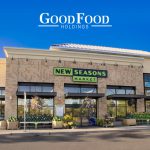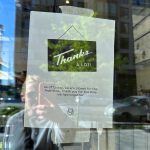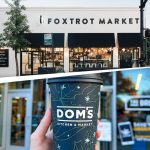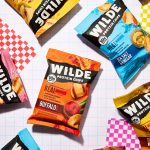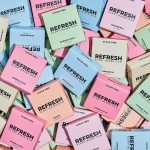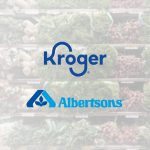Whole Foods Looks Local For New Brands
For socially conscious entrepreneurs in the food and beverage business, Whole Foods is the Holy Grail when it comes to getting your brand in front of interested consumers. But getting in is hard. Many entrepreneurs spend years sending e-mails, making phone calls, and visiting numerous stores hoping to get their product on Whole Foods shelves. Elly Truesdell, one of the local foragers at Whole Foods in New York says she receives up to 160 queries a month from hopeful entrepreneurs.

Here’s the good news though; once you’re in, Whole Foods can do a world of wonder for your business: helping with marketing, sales, and even offering consulting advice. In fact, Whole Foods has created a program specifically aimed at nurturing small, local businesses.
A Crain’s New York Business article titled “The Whole Foods effect: A kick-start for sales,” states that in the past five years, “Whole Foods has invested substantially more in its local program, hiring 12 so-called regional foragers across the U.S. who are responsible for stocking the chain’s shelves with products made within about 100 miles of each store.” Supermarket consultant Burt Flickinger estimates Whole Foods’ investment in the program to have increased between 7 percent to 10 percent in each of the past five years.
Seth Goldman, co-founder of Honest Tea, said an order from Whole Foods changed his business early on. “Whole Foods was pivotal,” he said and after receiving the order, “I was able to raise money from investors and then go to a bottling plant.”
Although there is fierce competition, some products fare better getting into Whole Foods than others. Truesdell says novel items like maple water and savory yogurts do well and sugar-free packaged food and organic local produce are also likely to find shelf space.
